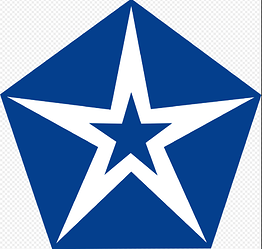The League of Nations, founded on January 10, 1920.
It was the first worldwide intergovernmental organization aimed at maintaining world peace after the devastation of World War I. Created as part of the Paris Peace Conference, it sought to provide a platform for diplomacy, resolve international conflicts, and prevent future wars. Its founding members hoped it would be the cornerstone of a lasting global peace.
While the League made important contributions to global diplomacy, its ability to enforce decisions was limited, and it struggled to prevent aggression from major powers. After World War II, many of its functions and responsibilities were transferred to the newly formed United Nations on April 18, 1946.
Though the League itself was short-lived, its legacy is significant. It laid the groundwork for modern international organizations and global governance, influencing the creation of the United Nations and shaping the international system as we know it today.
